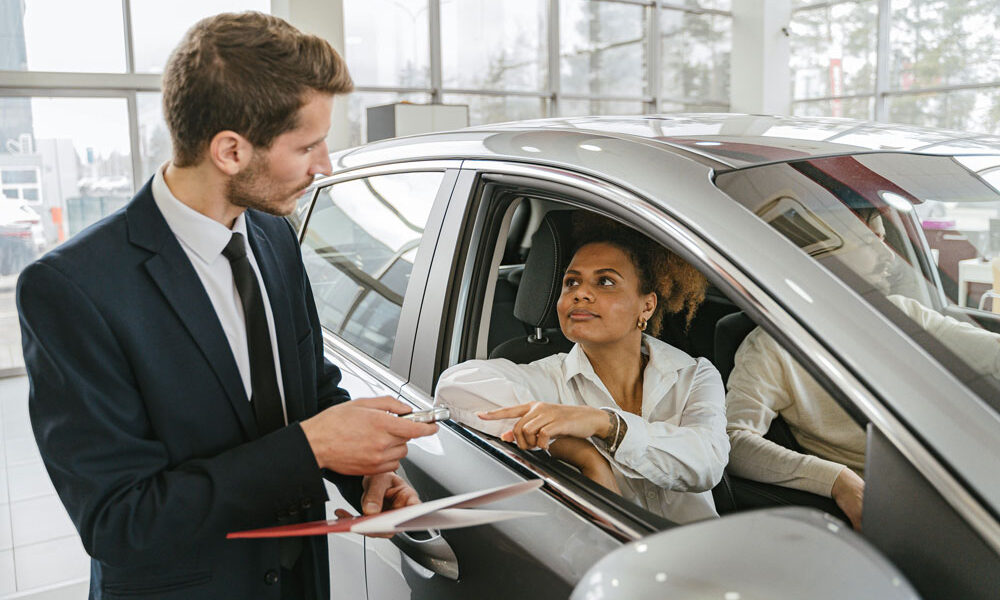
Creditor Guide: Car Finance
If you have purchased a car on finance, your options will depend on the type of finance agreement you have taken out. We have put together this guide to help you understand how best to manage car finance debt and what the financial repercussions could be.
What Causes Car Finance Debt?
There are lots of reasons why you may be unable to pay your car finance repayments. Some of the most common reasons include:
- Job loss or loss of income
- Rising costs of living
- Change in financial circumstances
- Changing to a different car
Before you take out car finance, it could be helpful to create a budgeting plan to help you track where you could save some extra money and ensure your car payments are affordable. Check out our guide on budgeting here.
Types of Car Finance
There are 4 main types of car finance available:
- Personal Loans
- Personal Contract Hire (PCH)
- Hire Purchase (HP)
- Personal Contract Purchase (PCP)
When you take out a Personal Loan, it’s normally provided by a 3rd party company other than the dealership you have purchased the car from. Once you have taken out the loan, you have to pay the full amount back.
With Hire Purchases and PCPs, the vehicle is owned by the finance company until you make the final payment of your loan. You won’t own the car until then.
Handing The Car Back Early
Depending on the type of finance option you have chosen, you may be able to return the car early – a process called Voluntary Termination – but it is important to let the lender know your intentions before you do. If you stop the payments without telling them first, you risk damaging your credit score or your car getting repossessed.
In a PCH agreement, you can generally hand the car back at any point, although there will be an additional charge for doing so. The leasing company will decide this charge, so you will need to let them know when you would like to return it in advance. However, you may still have to pay off the leasing costs fully in some cases, so make sure to double check with your lender before you make your decision.
If you have a HP or PCP deal, you will need to have paid 50% of the loan back before you are able to return the vehicle – including any fees and interest. However, a PCP also requires you to make a small payment at the end, called a Balloon Payment.
Can I Sell The Car?
Because the finance company owns the vehicle, you cannot sell it yourself. If your vehicle is repossessed by the finance company, they could choose to sell the car and put the money towards your outstanding debt. This is called Voluntary Surrender. However, this is not usually enough to cover the entire debt, and you may still have to make repayments until the rest is paid off.
A Personal Loan works differently to other finance options. When you purchase a car with a Personal Loan, you own it outright, so you can decide if you would like to sell it. You can ask the lender to restructure your loan agreement, but you cannot return the car as you are the owner.
How to Manage Car Finance Debt
Financial circumstances can change, so if you are struggling to afford your car finance repayments, you should let the lender know as soon as possible. The most important thing to do is to be open and honest about your situation. Most lenders will be understanding, and could offer suggestions to help. You could be entitled to some Breathing Space or a Payment Holiday to help you manage your debts.
The lender will contact you if you have missed one or two payments. If you haven’t already discussed ways to catch up with your payments, this would be a good time to have a talk with them about your options.
Get in Touch For Help With Car Finance Debt
If you are struggling to keep up with your repayments, or need advice about car finance debt, we can help you.
At Angel Advance, you can get confidential advice at any time, either by using our 24/7 online debt tool or by getting in contact with one of our advisors via email, phone, or text.
